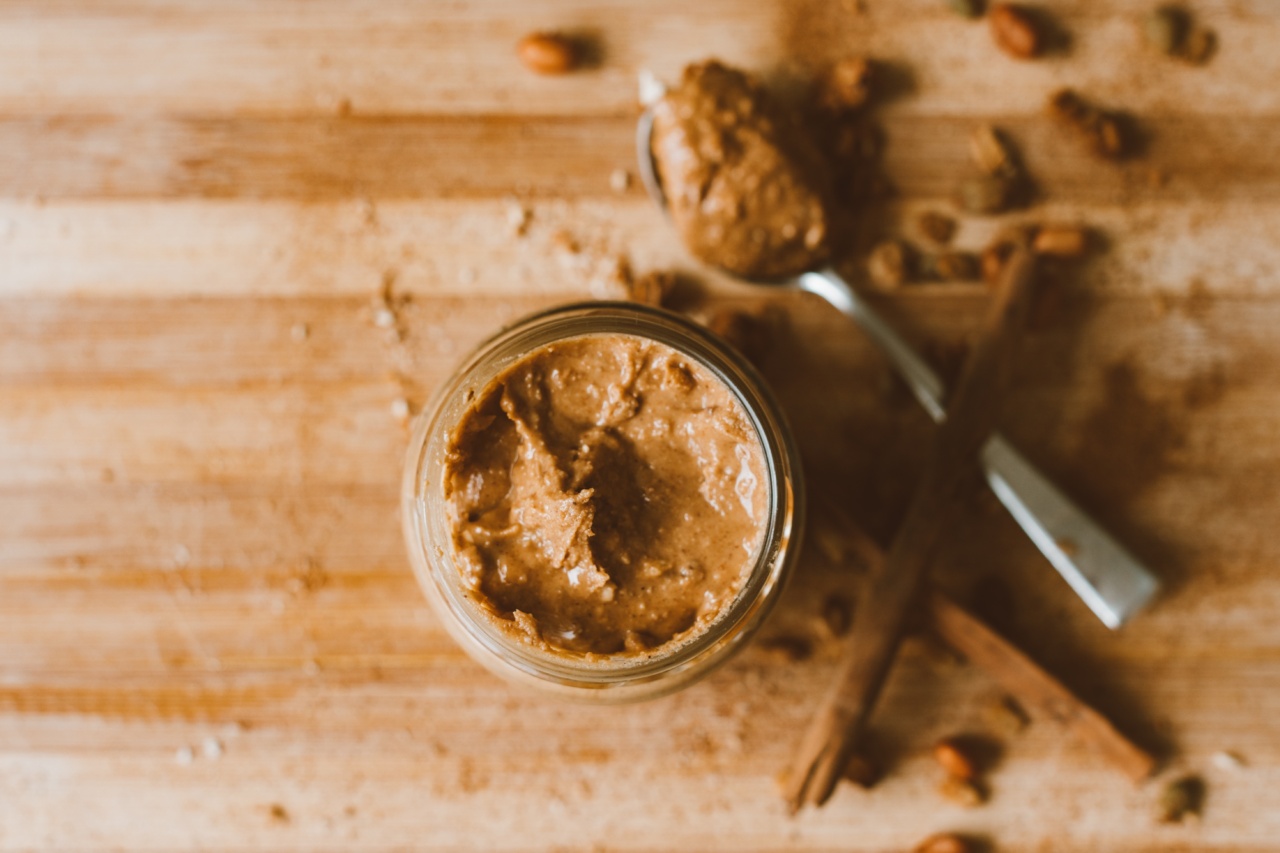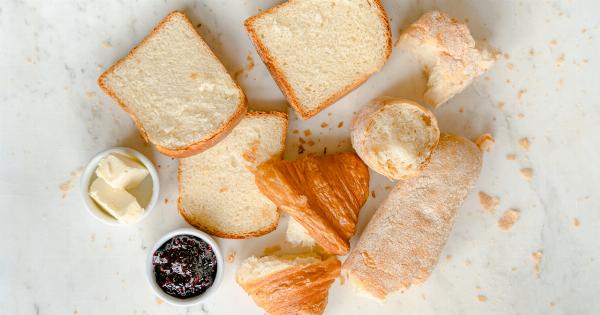Peanut butter is a delicious spread made from ground peanuts. It is a favorite among many and is often used as a quick and easy snack. In addition to being tasty, peanut butter is also a nutritious food that provides a range of health benefits.
In this article, we will discuss the nutritional value of peanut butter, its benefits, and how to incorporate it into your diet.
What is Peanut Butter?
Peanut butter is a spread made by grinding roasted peanuts until they form a smooth paste. It is commonly found in households across the United States and is used as a spread for bread, crackers, and other foods.
Peanut butter can be creamy or chunky and can be made with added ingredients, such as sugar, salt, or oil. It is also used in recipes for various dishes, such as peanut butter cookies and peanut butter cups.
Nutritional Value of Peanut Butter
Peanut butter is a nutrient-dense food that contains a range of vitamins, minerals, and other nutrients. One serving (2 tablespoons) of peanut butter contains:.
- 190 calories
- 7 grams of protein
- 2 grams of fiber
- 16 grams of fat
- 3 grams of sugar
Peanut butter is also a good source of vitamins and minerals, including:.
- Vitamin E
- Niacin
- Magnesium
- Phosphorus
- Copper
Health Benefits of Peanut Butter
Peanut butter is not only delicious but also provides a range of health benefits. Here are some of the top benefits of including peanut butter in your diet:.
1. Provides Heart-Healthy Fats
While peanut butter is high in fat, most of the fats it contains are heart-healthy monounsaturated and polyunsaturated fats. These types of fats can help lower cholesterol levels and reduce the risk of heart disease.
2. Rich in Protein
Peanut butter is a good source of protein, making it an excellent choice for vegetarians and vegans. Protein is essential for building and repairing tissue, as well as maintaining muscle mass and strength.
3. High in Fiber
Fiber is an essential nutrient for digestive health and can also help lower the risk of conditions such as heart disease and diabetes. Peanut butter contains 2 grams of fiber per serving, which can help you meet your daily fiber requirements.
4. Packed with Vitamins and Minerals
Peanut butter is a good source of a variety of vitamins and minerals, including vitamin E, niacin, magnesium, and phosphorus. These nutrients are essential for everyday bodily functions, such as maintaining healthy skin and bones.
5. May Help with Weight Management
Despite being high in calories, peanut butter may help with weight management. Research has shown that consuming peanut butter can help reduce hunger and increase feelings of fullness, resulting in consuming fewer calories throughout the day.
How to Incorporate Peanut Butter into Your Diet
There are many delicious ways to incorporate peanut butter into your diet. Here are a few ideas:.
1. Spread on Toast or Crackers
Peanut butter can be spread on toast or crackers for a quick and easy snack. Add a drizzle of honey or sliced banana for extra flavor.
2. Use as Dip for Fruit or Vegetables
Peanut butter can be used as a dip for fruit or vegetables, such as apples, celery, or carrots. This is a great way to get a serving of protein and fiber in with your snacks.
3. Add to Smoothies
Add a tablespoon of peanut butter to your favorite smoothie recipe for extra protein and flavor.
4. Use in Baking
Peanut butter can be used in a variety of baking recipes, such as peanut butter cookies and peanut butter cups. For a healthier twist, try using natural peanut butter without added sugar or oil.
The Bottom Line
Peanut butter is a delicious and nutritious spread that provides a range of health benefits. It is high in heart-healthy fats, protein, and fiber, and is a good source of vitamins and minerals.
By incorporating peanut butter into your diet in a variety of ways, you can enjoy its benefits and satisfy your taste buds.





























